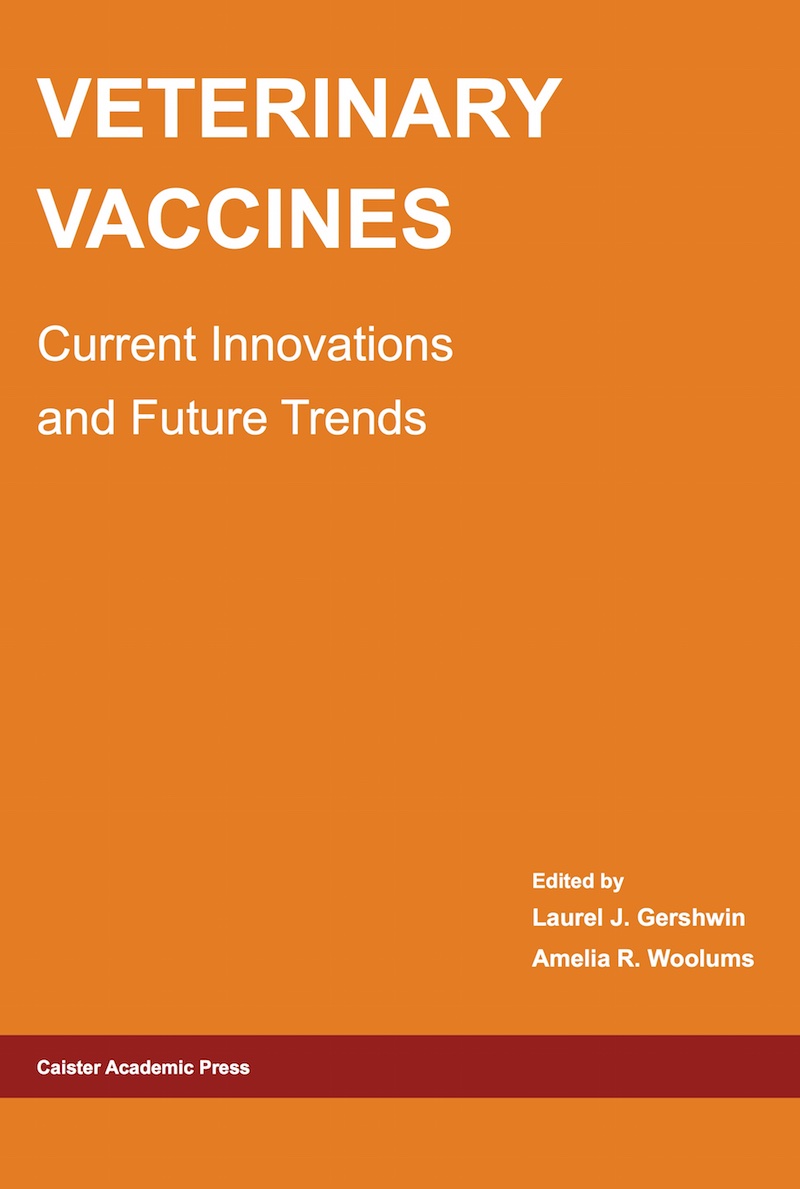Genetically-engineered Phage as Antimicrobials and Biodetectors
Salim Manoharadas and Udo Bläsi
from: Phage Therapy: Current Research and Applications (Edited by: Jan Borysowski, Ryszard Międzybrodzki and Andrzej Górski). Caister Academic Press, U.K. (2014)
Abstract
With the advent of antibiotics the use of bacteriophage as antimicrobial agents has been abandoned in the western world. However, the increasing prevalence of multi-drug resistant bacterial pathogens has resulted in a resurgence of research efforts to use phage as antimicrobials. A side effect of many antibiotics as well as of phage therapy with lytic phage is the release of cell wall components, e.g. endotoxins of Gram-negative bacteria, which mediate the general pathological aspects of septicemia. In the last decade several strategies based on genetically engineered lysis-deficient phage have been devised with the aim to avoid disintegration of the cell envelope but to kill the bacterial target. These studies indicated that killing-proficient but lysis-defective recombinant phage can be exploited as efficient antimicrobials with reduced side effects. Moreover, genetically engineered phage can be used to augment the antimicrobial efficacy of antibiotics and to reduce bacterial biofilms. Apart from these potential medical applications, modified phages have been used to detect bacterial pathogens in foodstuff. Here, we provide a review of these studies and briefly discuss the prospects of genetically modified phage in medicine and industry read more ...



